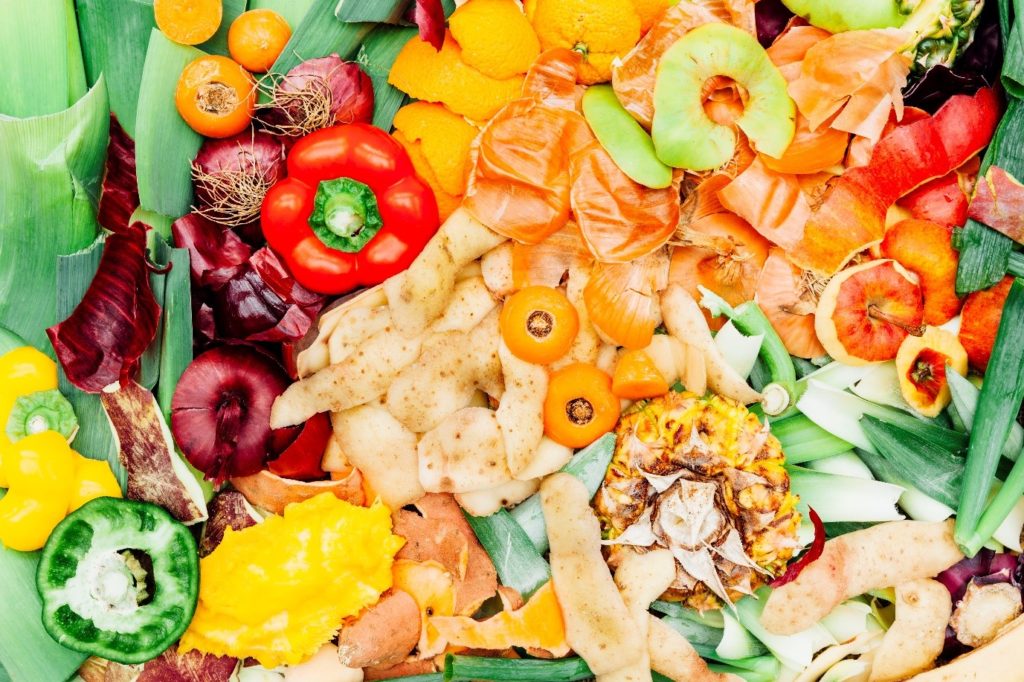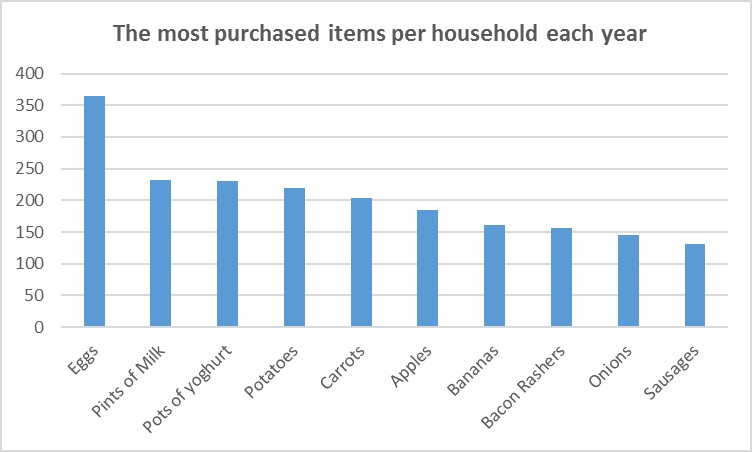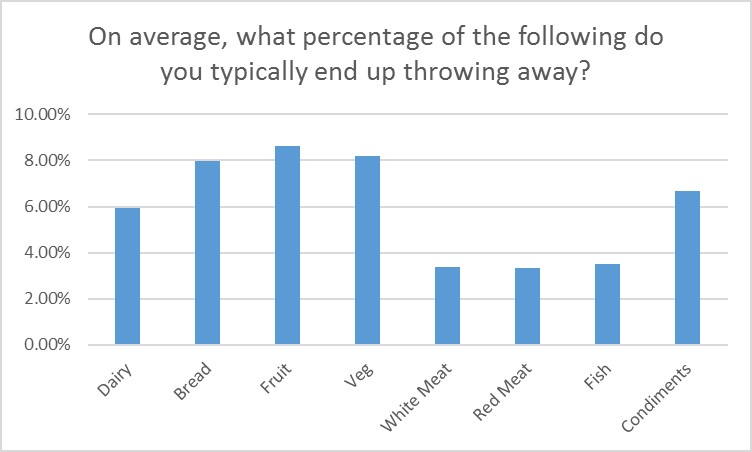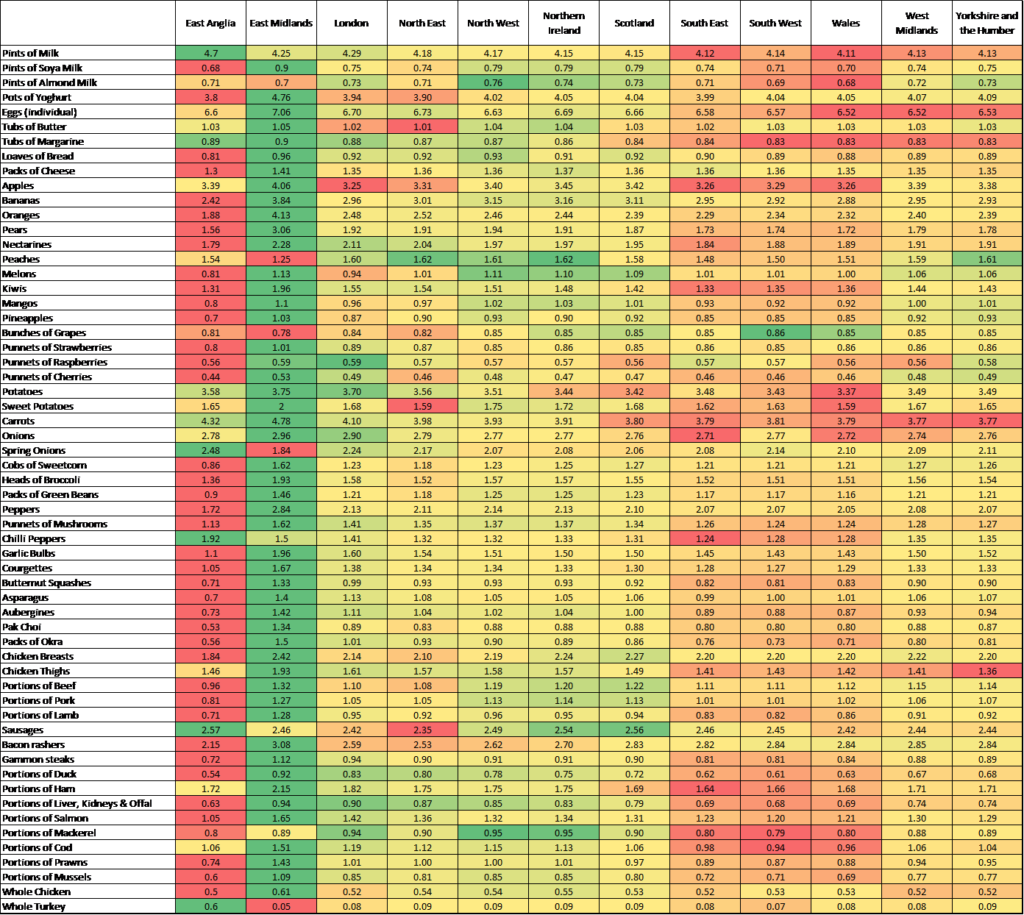Food Waste: Households Waste a Month’s Worth of Food Each Year
- Home /
- News & Advice /
- Food Waste: Households Waste a Month’s Worth of Food Each Year
- August 18th, 2016
- No Comments
- Posted in advice centre, cooking, industry news

Food waste is a hot topic and over the past few years, Britons have become increasingly aware about the importance of ensuring that we make the most of what’s on our fridge shelves. Food waste and food poverty are at record highs in Britain, so what can we do to challenge it?
What is food waste?
Food waste refers to the loss of fruit, vegetables, meat and consumables through binning leftovers or letting food go out of date. It’s bad for the environment, and particularly bad for climate change. When food is manufactured all over the world, it takes gallons of fresh water, land and labour to farm, harvest and package. When we waste food, the toll that that takes on the landscape is in vain. Although households play a large part in this, supermarkets are also to blame. 240,000 tonnes of food is wasted by UK supermarkets each year – much of it comes in plastic or plasticised packaging.
How to reduce food waste
To find out the nation’s food habits, we conducted a survey with 1000 Brits to detail the items that could be regularly found in their fridge. The average household buys 365 eggs a year, 231 pints of milk, 157 rashers of bacon and 55 loaves of bread, amongst other things.
We also asked people to estimate their food waste and revealed that British households throw away an estimated 6% of their weekly shop. The most commonly thrown away items were those that quickly go bad such as fruit, vegetables and bread, with almost 10% of these items being discarded. That equates to 18 potatoes, 16 carrots, 15 apples, 13 bananas and 4 loaves of bread being wasted per family each year.
Use the whole vegetable
A lot of food waste is compostable, but if you can’t compost your leftovers, consider changing the way that you prepare your food. What do you need to throw away? For example, when preparing potatoes, carrots or parsnips, remember to not peel them. This will save time and also reduce food waste.
When preparing broccoli or cauliflower, make sure you use the whole vegetable. Thick broccoli stalks can be chopped into chunks and are great at bulking out stews or chilli con carne. When it comes to cauliflower, don’t forget to eat the delicious leaves! Bake them in olive oil with salt and pepper for a delicious accompaniment to the main vegetable. If you don’t fancy using the veg off-cuts today, chuck them in the freezer. They’ll provide the base for a good veg stock in the future.
Plan meals in advance
Planning meals in advance requires a bit of a time investment, as it means you can’t just grab your shopping bags and head to the supermarket last minute, at the drop of a hat. But taking an organised approach can be fun, too. If you have children, ask for their help in choosing what they’d like to eat. This could be a good way of getting them involved in the kitchen.
Planning meals in advance can also help you to eat healthier, especially if you follow a diet regime such as vegetarianism. Think about what you’d like to eat and aim to cook something new at least once a week. Your skills in the kitchen will soon improve! When you get to the supermarket, you’ll know exactly what you need to buy, which should also reduce your spending.
Don’t overbuy
In a similar vein, it’s important to not overbuy when you’re in the supermarket. Supermarkets are cleverly designed to ensure that customers spend as much time as possible inside. Their clever one-way-system entrance and exit means that in order to leave, you’ll have to walk down multiple aisles filled with produce. Fruit and veg are often pre-packaged in plastic bags, and it’s these packages that are most likely to be seen on offer at a reduced price. In this context, it’s easy to understand why many of us overbuy in the supermarket.
To prevent yourself from overbuying, plan meals in advance, and turn up to the supermarket with a comprehensive shopping list. It’s satisfying walking around ticking things off, and you’ll realise just how easy it is to forego the biscuits and crisps if you have a note reminding you that you don’t need them. Another tip is to walk or take public transport to the supermarket, and only buy what you can carry. There’s no harm in another shopping trip later in the week if it helps you to use everything up.
Check sell by dates
According to our survey, fruit and veg are the most commonly thrown away items at the end of the week, with bread and condiments following close behind. Remember that sell by dates are for the use of the supermarket, as it refers to the quality of the food. Use by dates suggest that eating after the date may be unwise. In some cases, like with chicken or pork, use by dates should be adhered to. In the cases of vegetables however, use common sense to determine when something is inedible.
Use leftovers wisely
If you frequently find that you have leftovers from your evening meal, consider how you can use them wisely to prevent food waste. Excess food can often be repurposed into tomorrow’s lunch. Cook up some couscous or rice to accompany your chicken breast or add some homemade hummus to an extra jacket potato.
Leftovers also make great freezer food. Your future self will be grateful to open the freezer to find a home cooked meal ready and waiting to be enjoyed. Remember to freeze in portion sizes so that you don’t risk wasting leftovers too. If you’ve cooked up a delicious hot meal that you can’t wait to share, why not package it up in greaseproof and tin foil, and take it to a homeless person in your locality who could really benefit from the hot food and conversation that you will provide.
Combatting food poverty
Due to financial insecurity, many people in Britain will find themselves having to use food banks. The Trussell Trust has conducted research with researchers from the University of Oxford to determine the cause of food insecurity.
The charity Food Cycle serves community meals across the country, made from surplus food cooked in spare kitchen space. Volunteers cycle to collect leftover food that is then made into a delicious meal for those who need it most. In the last year, 275,132 people ate community dinners, meaning that loneliness was also alleviated within communities.
A spokesperson for the charity said: “It’s hard to believe that in 21st century Britain, the level of food waste is so high at the same time that food poverty is so high. We know that there is good food that can be put to good use – so this is a challenge that Food Cycle seeks to overcome.”
The following table shows the full set of food waste statistics that resulted from our survey. See how your food waste habits stack up with the rest of the country!
Food items purchased in an average week by region
Leave a Reply




